
...
In Stock
Quantity in Basket: None
Log In to use our Wish List
Shipping Weight: 5.00 units
EU & UK Customers:
Discogs.com can handle your VAT payments
So please order through Discogs
Sample The Album:
Jean-Jacques Birge-synthesizer, sampler, voice, dj mix, trombone, reeds, strings
Francis Gorge-guitar, percussion
Bernard Vitet-trumpet, bugle, piano, flute, reeds, voice, percussion
Brigitte Fontaine-voice
Frank Royon Le Mee-voice
Henri Texier-Oud
Valentin Clastrier-Hurdy Gurdy
Joelle Leandre-bass, voice
Michel Musseau-piano, voice
Stephane Bonnet-harmonica
Jean-Louis Chautemps-tenor saxophone
Gyorgy Kurtag-synthesizer
Didier Petit-cello
Luc Ferrari-voice
Helene Sage-performer
Carlos Zingaro-violin
Rene Lussier-guitar
Click an artist name above to see in-stock items for that artist.
Label: GRRR
Catalog ID: GRRR 2020
Squidco Product Code: 35576
Format: CD
Condition: New
Released: 1992
Country: France
Packaging: Jewel Case
Recorded at Studio GRRR, in Boulogne-Billancourt, France, by Jean-Jacques Birge.
Artist Biographies
• Show Bio for Joelle Leandre "Joëlle Léandre is a famous French Bassist and is known for her collaborations with other musicians in the field of improvised music. Born in France on September 12th, 1951, she made her music debut in 1984 with Les Douze Sons. Her childhood was filled with music, and she was particularly interested in the piano during her early years. In her later years, she developed an interest in double bass, which won her many honors and scholarships during her education. Her double bass teacher Pierre Delescluse encouraged her to apply to the Conservatoire National Superieur de Musique de Paris, where she was formally trained and noticed for her talent in the bass. Her outstanding musicianship took her to the United States and to the Centre for Creative and Performing Arts in Buffalo through a scholarship. In the United States, she expanded her network and met some of the best composers, such as John Cage, Giacinto Scelsi, and Morton Feldman. Among them, John Cage greatly influenced her music and compositions. Her time in the United States also enabled her to experience downtown New York music, which was another significant influence that led to her continued involvement in the field of improvised music. Some of her notable collaborations in the field of contemporary music are with Pierre Boulez, Merce Cunningham, John Cage, and Giacinto Scelsi. Among them, John Cage and Giacinto Scelsi were the biggest influences in her life and music. In an interview, Joëlle Léandre said that John Cage was her spiritual father and changed her perception of sound and music. In another interview, she tells how Giacinto Scelsi allowed her to discover her own music and how his music transported her into a new world of improved consciousness. In the field of jazz music, she collaborated with Derek Bailey, William Parker, and Sebi Tramontana. Her music was owned and distributed by different music labels, including FMP, Leo, RougueArt, and Red Toucan. Some memorable songs and albums she released throughout the years include Instant Replay, Les Douze sons, Trios, Sweet Zee, Frerebet, Joelle et Tetsu, Philippe Fenelon, Voyages, etc. Some of the recent releases include Can You Hear Me and Unleashed. She has also performed live at the Tampere Jazz Festival twice, where popular international artists compete with each other. Joëlle Léandre is also the member of European Women's Improvising Group (EWIG). The group evolved from the Feminist Improvising Group, and Joëlle Léandre joined the group in 1983. In the early 1900s, she co-founded Les Diaboliques with Irene Schweizer and Maggie Nicols, who were her long-time musician friends. Besides that, she also teaches several classes in prestigious universities about contemporary and improvised music. She has lived in France, Germany, and U.S during her lifetime, teaching at academic institutions in the religions and playing concerts. In 2002, she was invited to Canada as a visiting professor for music and composition." ^ Hide Bio for Joelle Leandre • Show Bio for Didier Petit "One of the finest players to have come out of Alan Silva's IACP school, cellist Didier Petit has been active on the French free improvisation scene since the mid-'80s. His playing style relies mostly on double-string arco technique. He is also often heard vocalizing on top of his instrument. He performs regularly with Parisian improvisers like Michel Doneda, Daunik Lazro, and Denis Colin, and has performed with Sakis Papadimitriou, Roger Turner, Marilyn Crispell, and Carlos Zingaro. His best-known group is the quartet NOHC, from the late '90s. He is the founder of the new music label In Situ. Petit was born in a musical family. He started on cello at age six and attended the conservatory until age 15. At this point he turned his back on his classical upbringing. Hearing Sun Ra & His Arkestra and Alan Silva's Celestrial Communication Orchestra had the power of a revelation and soon the cellist embarked on the avant-garde jazz train. He enrolled in the bassist's IACP. For the next ten years or so he studied there, then taught and performed administrative tasks, all the while playing in the CCO. During this period, he met saxophonist Michel Lobko who introduced him to the European scene of free improvisers. With him and Christine Janvier, he organized the first Décades de Musiques Improvisées in 1985, a first exercise in musical activism and networking. In 1990 he founded In Situ, a label he has pampered for 12 years before leaving Théo Jarrier in charge in 2002. 1990 is also the year Petit released his first solo album, Sorcier, on the British label Leo Records. A number of collaborations followed, including the avant-musical theater troupe Un Drame Musical Instantané. He developed a particularly strong relationship with bass clarinetist Denis Colin, playing in his trio since 1994. In turn he invited Colin to take part with saxophonist Daunik Lazro and drummer Michael Nick to his own quartet NOHC, the idea of which sparked in 1990. A first album came out in 1998 on In Situ, followed by NOHC on the Road on Leo two years later. A second solo album, Déviation, appeared in 2000 on La Nuit Transfigurée."-François Couture ^ Hide Bio for Didier Petit • Show Bio for Luc Ferrari "Luc Ferrari (February 5, 1929 - August 22, 2005) was a French composer of Italian heritage. Ferrari was born in Paris, and was trained in music at a very young age. He studied the piano under Alfred Cortot, musical analysis under Olivier Messiaen, and composition under Arthur Honegger. His first works were freely atonal. A case of tuberculosis in his youth interrupted his career as a pianist. From then on he mostly concentrated on musical composition. During this illness he had the opportunity to become acquainted with the radio receiver, with pioneers such as Schönberg, Berg, and Webern. In 1954, Ferrari went to the United States to meet Edgard Varèse, whose Déserts he had heard on the radio, and had impressed him. This seems to have had a great effect on him, with the tape part in Déserts serving as inspiration for Ferrari to use magnetic tape in his own music. In 1958 he co-founded the Groupe de Recherches Musicales with Pierre Schaeffer and François-Bernard Mâche. He taught in institutions around the world, and worked for film, theatre and radio. By the early 1960, Ferrari had begun work on his Hétérozygote, a piece for magnetic tape which uses ambient environmental sounds to suggest a dramatic narrative. The use of ambient recordings was to become a distinctive part of Ferrari's musical language. Ferrari's Presque rien No. 1 'Le Lever du jour au bord de la mer (1970) is regarded as a classic of its kind. In it, Ferrari takes a day-long recording of environmental sounds at a Yugoslavian beach and, through editing, makes a piece that lasts just twenty-one minutes. It has been seen as an affirmation of John Cage's idea that music is always going on all around us, and if only we were to stop to listen to it, we would realise this. Ferrari continued to write purely instrumental music as well as his tape pieces. He also made a number of documentary films on contemporary composers in rehearsal, including Olivier Messiaen and Karlheinz Stockhausen. Ferrari died in Arezzo, Italy on August 22, 2005, at age 76." ^ Hide Bio for Luc Ferrari • Show Bio for Carlos Zingaro "Carlos Zíngaro (or Carlos "Zíngaro" Alves, born 1948 in Lisbon, Portugal) is a Portuguese violinist and electronic musician active in free improvisation. He studied classical music in Lisbon and began working with a number of leading improvisers in the mid-1970s, becoming one of the European top improvisers presently. He has worked with such musicians as Richard Teitelbaum, Joëlle Léandre, Peter Kowald, Barre Phillips, Daunik Lazro, Derek Bailey, Jon Rose, Ken Vandermark, Ken Filiano, Rodrigo Amado, Ned Rothenberg, Rüdiger Carl, Dominique Regef, Evan Parker, Annick Nozati, Theo Jörgensmann and Paul Lovens. Zíngaro has performed at new and improvised music festivals in Europe, Asia, and North America, produced several film scores, and collaborated with dance companies. He is also a prolific illustrator and comics author." ^ Hide Bio for Carlos Zingaro • Show Bio for Rene Lussier "René Lussier (born April 15, 1957) is a musician based in Quebec, Canada. He is a composer, guitarist, bass guitarist, percussionist, bass clarinetist, and singer. Lussier has collaborated with such figures as Fred Frith, Chris Cutler, Jean Derome and Robert M. Lepage. His work, which combines elements from all major genres, is often referred to within the discourse of New Music, or Musiques Actuelles, in French. Born in Montreal, Lussier began his musical career in 1973 in Chambly as part of the progressive rock group Arpège. From 1976 to 1980, he was a member of the Montreal folk-progressive group Conventum, led by André Duchesne. Lussier was also a member of the groups Quatour de l'Emmieux and les Reins, Nébu and La G.U.M in the late 1970s and early 1980s. In 1986 he joined Duchesne's Les 4 Guitaristes de l'Apocalypso-Bar. He began doing soundtrack work in 1979, via a collaboration with Duchesne on the music for a short film called Tanobe. Lussier has written or co-written the scores to more than 35 films, including Chronique d'un génocide annoncé, a documentary by Danièle Lacourse and Yvan Patry about the Rwandan genocide. Lussier played guitar for the popular singer Pauline Julien between 1982 and 1984, though he also worked on esoteric music that blurred distinctions between progressive rock, jazz, improvisation, modern composition, and circus music. His first solo album, Fin du travail (version I), was released in 1983 and consolidated his reputation as a quirky, humorous and talented guitarist-composer. He has collaborated extensively with Derome and Lepage and has recorded as a member of the Fred Frith Guitar Quartet. Lussier is featured prominently in Step Across the Border (1990), a documentary feature film by Nicolas Humbert and Werner Penzel about the work and travels of Frith. Lussier was also a member of Frith's band Keep the Dog (1989-1991). In 1983, Lussier co-founded the Ambiances Magnétiques record label and recording collective with Derome, Lepage and Duchesne, and produced an extensive body of work in this environment. His best known work, Le trésor de la langue (1989), was created during this period. The album interspersed music with taped recordings of Quebec residents discussing the importance of the French language. It won the Grand Prix Paul-Gilson award in 1989. In the late 1990s, Lussier recorded two albums for solo guitar and a pair of collaborations with Martin Tétreault which reflected an interest in the history of musique concrète and electroacoustic music composition and theory." ^ Hide Bio for Rene Lussier
12/18/2024
Have a better biography or biography source? Please Contact Us so that we can update this biography.
12/18/2024
Have a better biography or biography source? Please Contact Us so that we can update this biography.
12/18/2024
Have a better biography or biography source? Please Contact Us so that we can update this biography.
12/18/2024
Have a better biography or biography source? Please Contact Us so that we can update this biography.
12/18/2024
Have a better biography or biography source? Please Contact Us so that we can update this biography.
Track Listing:
1. obu1 00:12
2. Un Drame Musical Instantane, feat. Brigitte Fontaine - Amore 529 03:35
3. obu2 00:25
4. Un Drame Musical Instantane, feat. Frank Royon Le Mee - Comedia dell'amore 121 05:26
5. obu3 00:11
6. Un Drame Musical Instantane, feat. Henri Texier - Pour garder l'ADN en etat 409 06:02
7. obu4 00:11
8. Un Drame Musical Instantane, feat.Valentin Clastrier - Nos amis les hommes 423 05:56
9. obu5 00:07
10. Un Drame Musical Instantane, feat. Joëlle Leandre - Urgent Meeting 221 05:32
11. obu6 00:07
12. Un Drame Musical Instantane, feat. Michel Musseau - Les distances du vide 424 03:32
13. obu7 00:15
14. Un Drame Musical Instantane, feat. Stephane Bonnet & Jean-Louis Chautemps - Terminal demographique 421 05:37
15. obu8 00:15
16. Un Drame Musical Instantane, feat. Gyorgy Kurtag & Didier Petit - Eduquons, eduquons toujours, eduquons partout 225 03:53
17. obu9 00:05
18. Un Drame Musical Instantane, feat. Luc Ferrari - Comedia dell'amore 224 06:04
19. obu10 00:16
20. Un Drame Musical Instantane, feat. Helène Sage - Terminal demographique 113 04:20
21. obu11 00:07
22. Un Drame Musical Instantane, feat. Carlos Zingaro - Pour garder l'ADN en etat 110 03:31
23. obu12 (free) 00:11
24. Un Drame Musical Instantane, feat. Rene Lussier - Nos amis les hommes 201 (free) 06:48
In Stock, Not Yet Cataloged
Rock and Related
Improvised Rock
Improvised Music
RIO (Rock in Opposition)
Spoken Word
Song Based Music
European Improvisation, Composition and Experimental Forms
Large Ensembles
Search for other titles on the label:
GRRR.


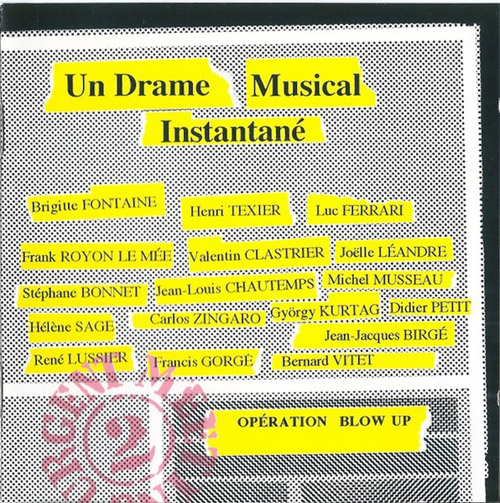




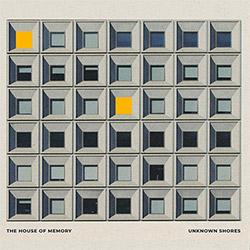

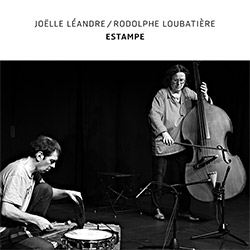
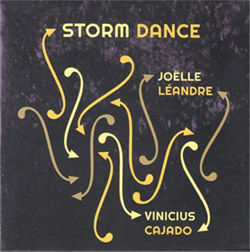
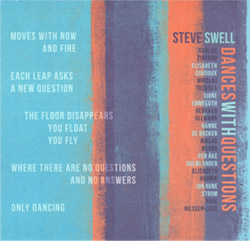
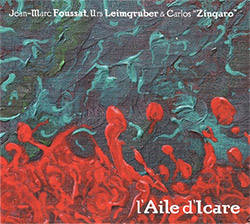
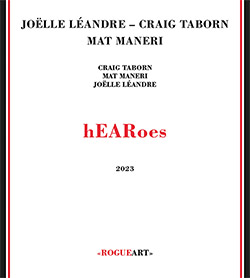
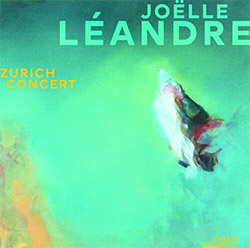
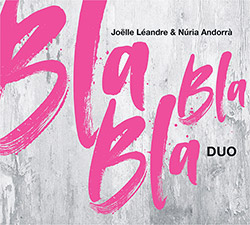

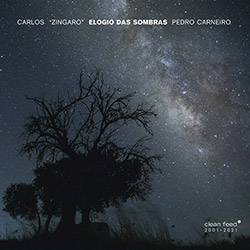

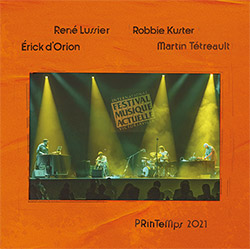
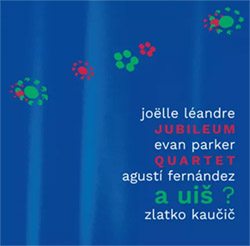
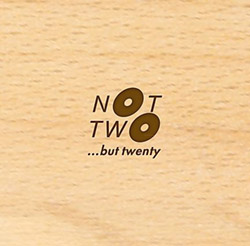
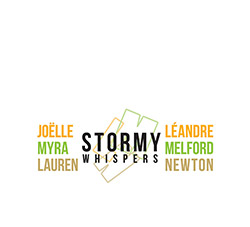
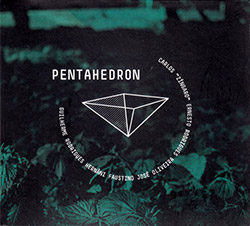
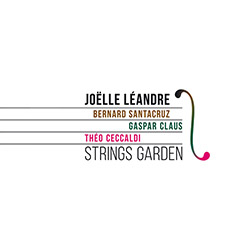


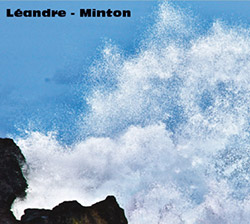

![Taylor, Cecil Unit (w/ Lyons / Silva / Cooper / Murray): Live At Fat Tuesdays 1980 - First Visit Archive [CD + POSTCARDS]](https://www.teuthida.com/productImages/misc4/34610.jpg)

![Schindler, Udo / Paul Rogers feat. Eric Zwang: Ephemeral Locations [2 CDs]](https://www.teuthida.com/productImages/misc4/35186.jpg)
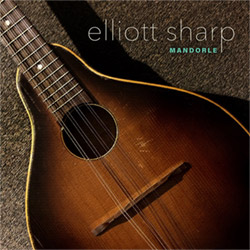

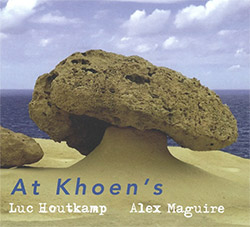
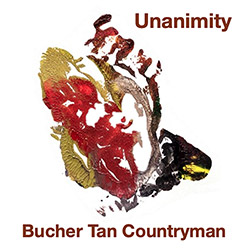
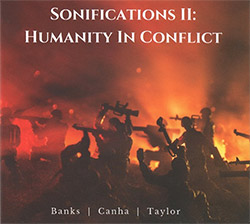

![Moth Bucket (Sims / Searfoss / Dorsey): Vagary Suite [CASSETTE + DOWNLOAD]](https://www.teuthida.com/productImages/misc4/35571.jpg)
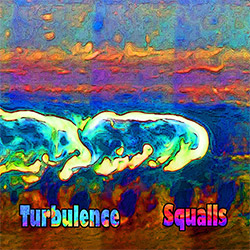
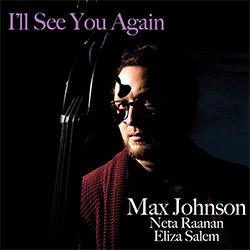

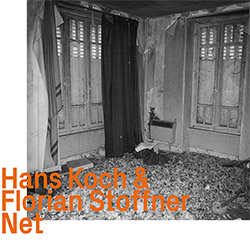
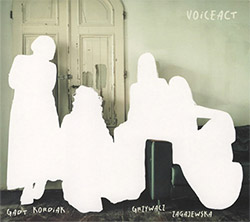




![Weirs and Magic Tuber Stringband : The Crozet Tunnel [CASSETTE + DOWNLOAD]](https://www.teuthida.com/productImages/misc4/35570.jpg)
![Attias, Michael (Attias / Leibson / Pavolka / Ferber / Hoffman): Quartet Music Vol. I: LuMiSong / Kardamon Fall [2 CDs]](https://www.teuthida.com/productImages/misc4/35531.jpg)

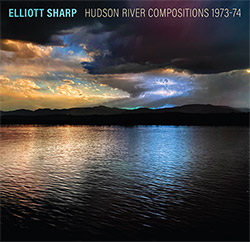

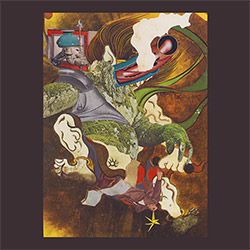

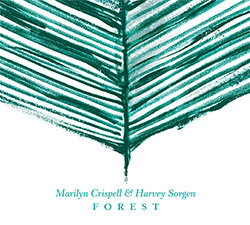

![Abcess Grenk: Erguss Von Licht [CASSETTE w/ DOWNLOAD]](https://www.teuthida.com/productImages/misc4/35560.jpg)
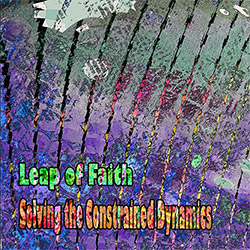
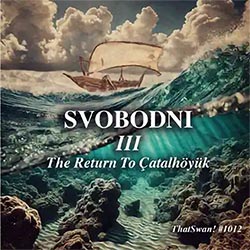
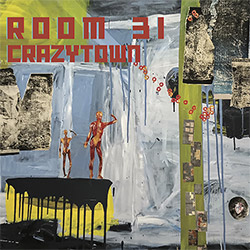

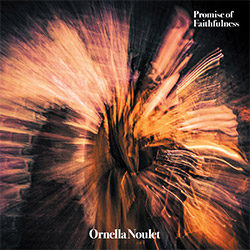

![Mezei, Szilard Tul A Tiszan Innen Ensemble: Reveszem [2 CDs]](https://www.teuthida.com/productImages/misc4/35499.jpg)

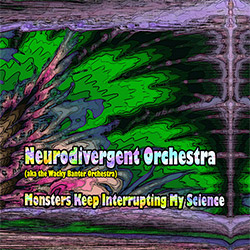

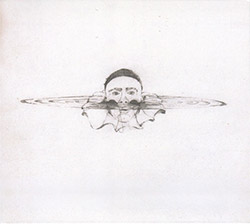
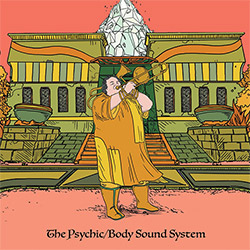
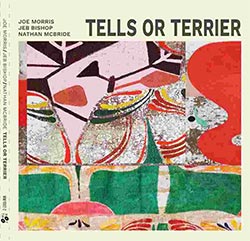
![Gush (Gustafsson / Sandell / Strid) + Guests: Gush 30 - Krakow 2018 [3 CD BOX SET]](https://www.teuthida.com/productImages/misc4/35526.jpg)


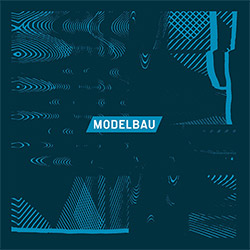
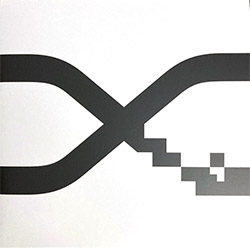
![Alva Noto: Xerrox Vol. 5 [VINYL 2 LPs]](https://www.teuthida.com/productImages/misc4/35359.jpg)
![Weston, Matt: Communism Has Appeared On The Scene [VINYL 2 LPs]](https://www.teuthida.com/productImages/misc4/35546.jpg)

![Jeck, Philip: rpm [2 CDs]](https://www.teuthida.com/productImages/misc4/35455.jpg)





![DNS: Taking Big Bites Of The Khandas Three Cafes Deep [2 CDs]](https://www.teuthida.com/productImages/misc4/35334.jpg)




![Cleaver, Gerald: The Process [VINYL]](https://www.teuthida.com/productImages/misc4/34966.jpg)




![Alva Noto: HYbr:ID II [VINYL 2 LPs]](https://www.teuthida.com/productImages/misc4/35201.jpg)

![Baron, Derek / Luke Martin: Distinct and Concealed [CASSETTE + DOWNLOAD]](https://www.teuthida.com/productImages/misc4/35079.jpg)

![Lonsdale, Eden: Dawnings [2 CDs]](https://www.teuthida.com/productImages/misc4/35480.jpg)







![Sanna, Claudio: Compositori Sardi Contemporanei II [2 CDs]](https://www.teuthida.com/productImages/misc4/35317.jpg)







![Zurria, Manuel: Fame di Vento [3 CDs]](https://www.teuthida.com/productImages/misc4/35167.jpg)

![Granberg, Magnus / Nattens Inbrott / Skogen: Holde Traume, Kehret Wieder! [2 CDs]](https://www.teuthida.com/productImages/misc4/35038.jpg)
![Frey, Jurg: Outermost Melodie [2 CDs]](https://www.teuthida.com/productImages/misc4/35039.jpg)

![Pavone, Jessica: Reverse Bloom [VINYL]](https://www.teuthida.com/productImages/misc4/34895.jpg)




![Modney (Modney / Wooley / Gentile / Roberts / Pluta / Symthe / ...): Ascending Primes [2 CDs]](https://www.teuthida.com/productImages/misc4/34852.jpg)



![Elephant9 : Mythical River [VINYL]](https://www.teuthida.com/productImages/misc4/34624.jpg)



![Elephant9 with Terje Rypdal: Catching Fire [VINYL 2 LPs]](https://www.teuthida.com/productImages/misc4/35355.jpg)
![Deerlady (Obomsawin, Mali / Magdalena Abrego): Greatest Hits [VINYL]](https://www.teuthida.com/productImages/misc4/34876.jpg)




![Haino, Keiji: Black Blues [2 CDs]](https://www.teuthida.com/productImages/misc4/35109.jpg)



![Surplus 1980: Illusion of Consistency [CD]](https://www.teuthida.com/productImages/misc4/35069.jpg)
![Staiano, Moe: Away Towards the Light [VINYL + DOWNLOAD]](https://www.teuthida.com/productImages/misc4/35037.jpg)



![Caveira (Gomes / Sousa / Abras / Ferrandini): Ficar Vivo [VINYL]](https://www.teuthida.com/productImages/misc4/34643.jpg)
![Gregg, J. J. / David Van Auken: Lunar Prairie [CD w/ DOWNLOAD]](https://www.teuthida.com/productImages/misc4/34611.jpg)

![Coultrain: Mundus [VINYL]](https://www.teuthida.com/productImages/misc4/32439.jpg)
![Mattin: Songbook #6 [VINYL]](https://www.teuthida.com/productImages/misc4/27317.jpg)
![Punkappella: Wake Up [7-inch VINYL]](https://www.teuthida.com/productImages/misc4/17519.jpg)
![Residents, The: WARNING: UNiNC.: Live And Experimental Recordings 1971-1972 [VINYL 2 LPs]](https://www.teuthida.com/productImages/misc4/31521.jpg)
![Coultrain: Phantasmagoria [VINYL]](https://www.teuthida.com/productImages/misc4/30142.jpg)
![Lennon, Sean Ono: Asterisms [VINYL]](https://www.teuthida.com/productImages/misc4/34517.jpg)
![Coley, Byron: Dating Tips for Touring Bands [VINYL]](https://www.teuthida.com/productImages/misc4/17906.jpg)

![Lost Kisses: My Life is Sad & Funny [DVD]](https://www.teuthida.com/productImages/misc4/lostKissesDVD.jpg)